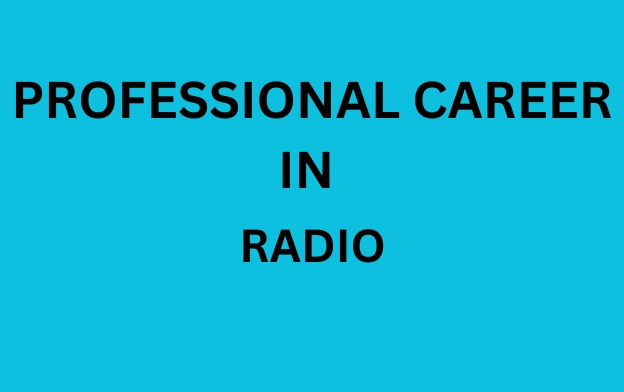If you have the gift of the gab, a passion for all things media related, and the ability to empathize and easily connect with other people, you may be coveting the dream of a professional career working in radio.
Naturally, and as you would expect, such career paths are exceedingly competitive, but with a combination of ambition, tenacity, being in the right place at the right time, and of course, a voice that’s perfect for radio, then you may well be in with a chance of success. With that said, here’s how you can pursue a career in radio.
What Skills Do You Need?
Perhaps the most crucial personality trait you must naturally exude if you’re thinking of entering the world of radio broadcasting is that you absolutely love being around people, meeting new characters who are sometimes far removed from anyone you’ve ever previously met, and generally being an outgoing and social person.
Additional skills that are needed for a shot at a long and enjoyable career working in radio include the following:
- Excellent attention to detail
- Strong reasoning skills and an aptitude for logic
- Being a true team player
- The ability to multitask
- Being able to work well under pressure
Start a Podcast from Home
Even though these days there are far more people interested in working in broadcast media in general and in particular, thinking a career pathway into radio is the best way to begin, there are actually many more ways to break through than there were in the past.
One of the most effective ways that so many popular radio presenters and infamous and influential media stars begin their career is to launch their own podcast, with the vast majority of them recording it from home.
Pick a topic that you’re both highly knowledgeable and also passionate about and make this the central theme of each episode. Be sure to meticulously outline your first few shows, professionally edit the sound and content, and of course, advertise your new podcast to the right people, in the right way.
When investing in your own recording equipment, remember that everything from the decks and microphones to any other white goods, computing equipment and other items of technology can be shipped from anywhere in the country to your door, so don’t hesitate to ask for a quote to move appliances.
What Do You Need to Know?
Even though every radio station, from smaller college and universities setups, home radio stations, and larger, national, and even international radio broadcast houses, vary considerably for a whole host of reasons, the fundamental elements remain similar, if not the same.
Ideally, to set yourself at least on par with other applicants if you’re applying for an apprenticeship at your local station, you will have already completed not only your standardized school and college exams, but also have shown both a curricular and extracurricular interest in radio broadcasting.
In addition, you should also be more than familiar with working with the main software programs used by radio broadcasters, both on an individual basis and as part of a bigger station, and know how to operate all the equipment.




